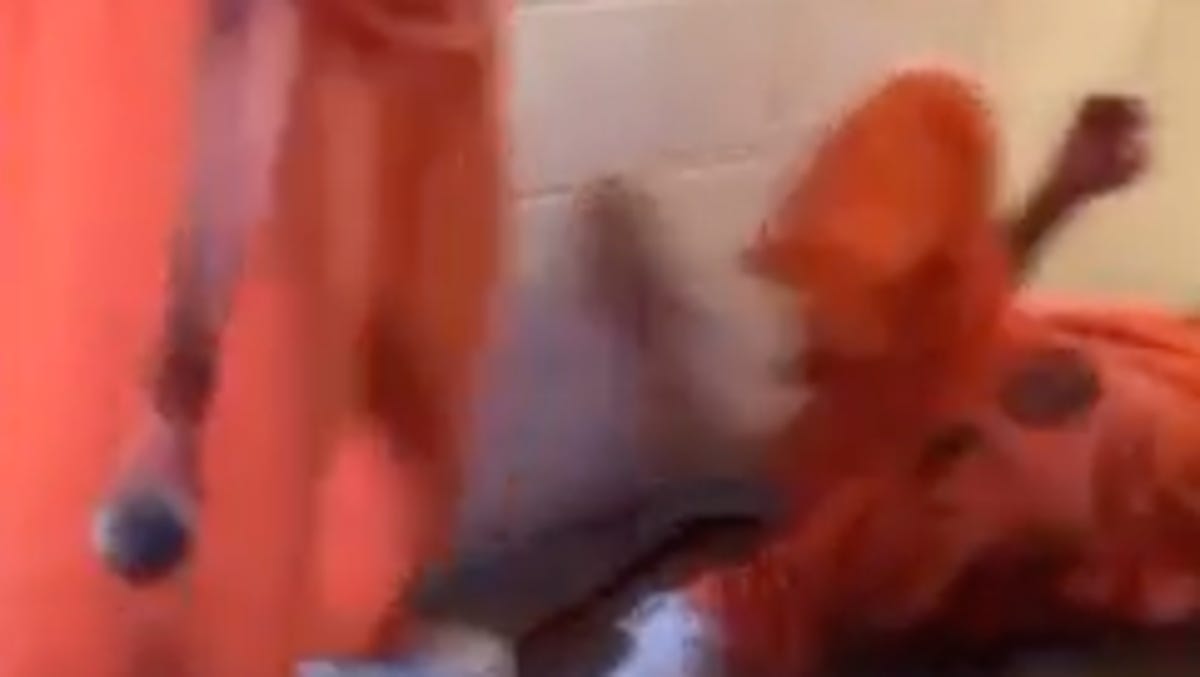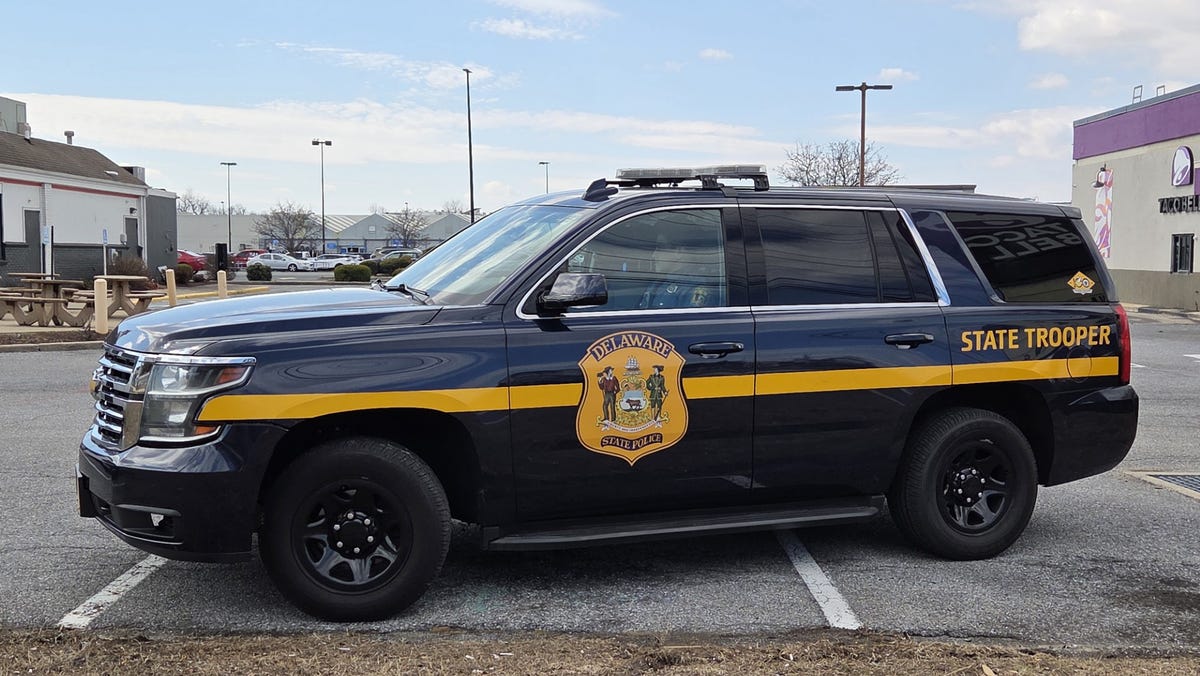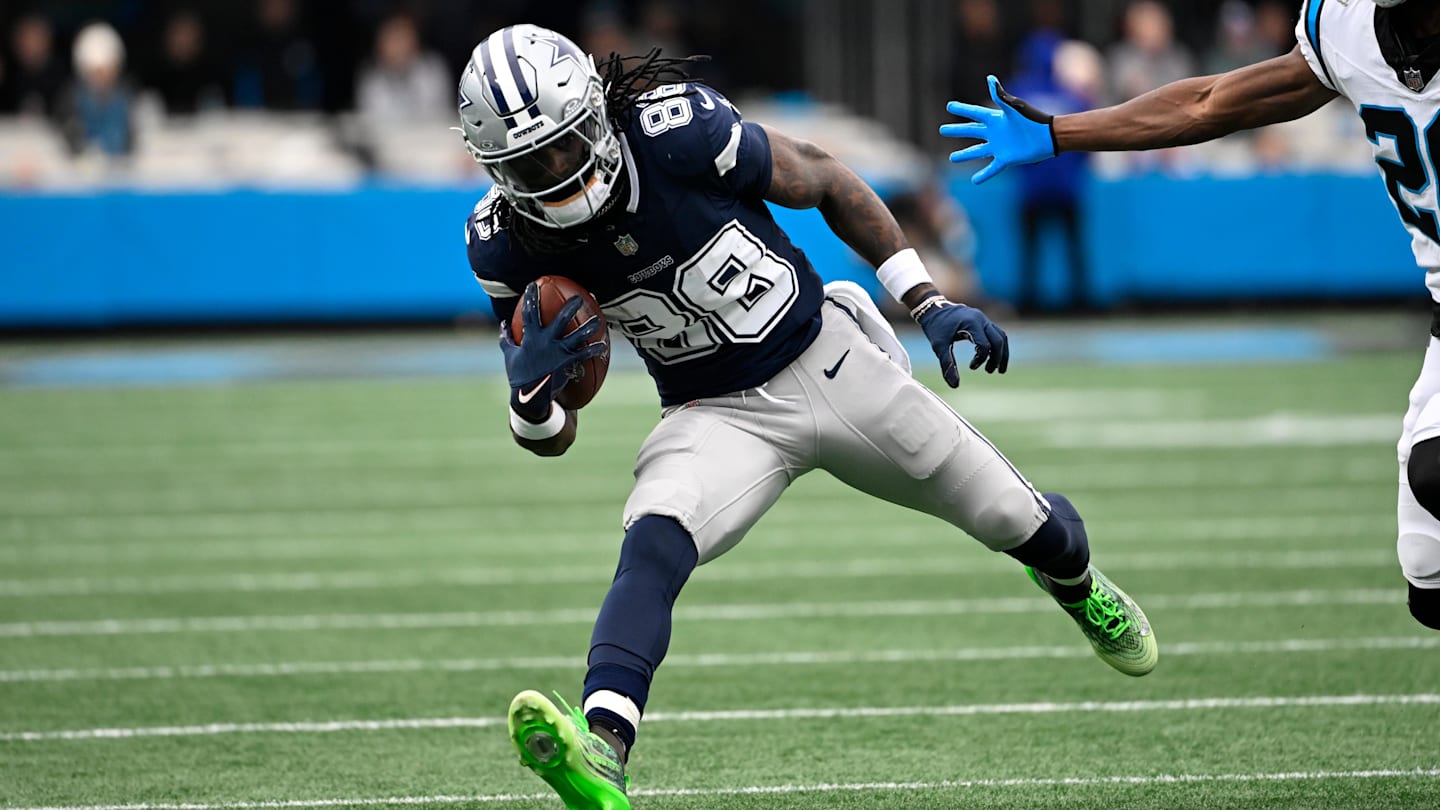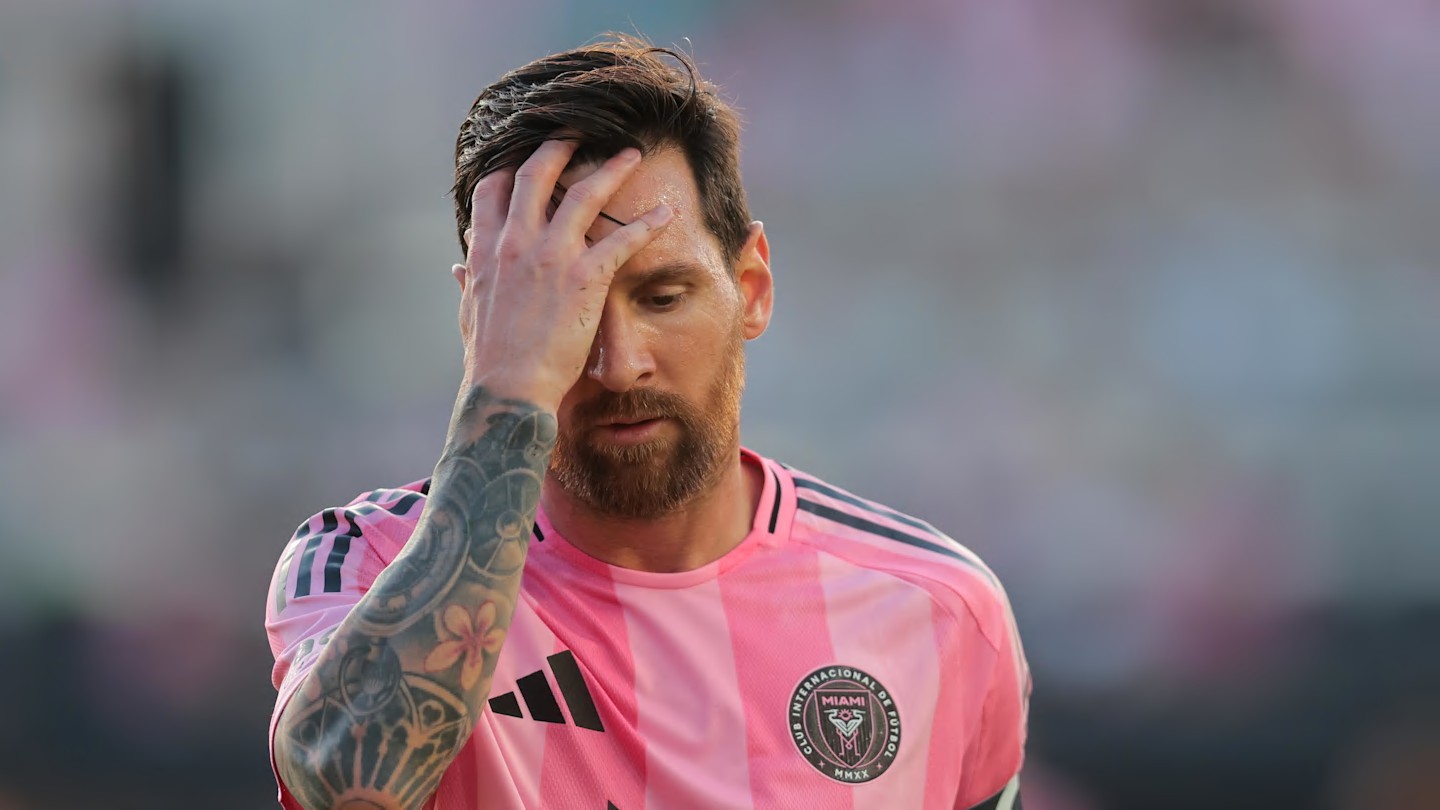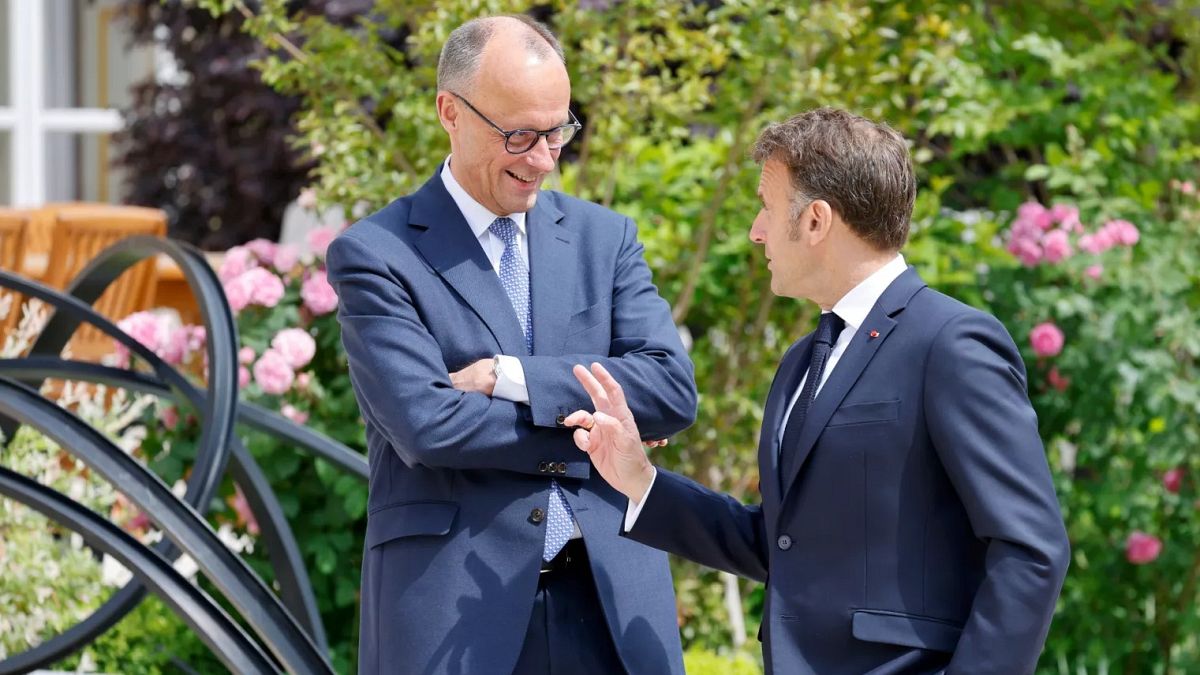Britain and the EU are locked in intense haggling over key details of their revamped relationship, including on fisheries, food trade and youth mobility, ahead of a historic first joint summit since Brexit.
The summit at Lancaster House in London on Monday will see both sides sign a security and defence partnership, the centrepiece of the “reset” in relations, but talks in Brussels on other details ran late into Sunday night.
The EU offered Britain a new open-ended deal to lower barriers to trade in agrifood, but only in exchange for a 10-year rollover of a current deal allowing EU fishermen to operate in UK waters.
Downing Street, which had previously offered a five-year extension, declined to comment on the offer, confirmed by officials on both sides. Sir Keir Starmer, UK prime minister, knows he risks being accused of “selling out” by British fishermen.
The summit is due to start at 10am on Monday, and EU ambassadors will meet early on Monday to consider the results of the last-minute horse-trading by UK officials and European Commission negotiators.
One senior EU diplomat said there would be a deal, adding: “They will need to find a solution, even if it takes the whole night.”
Starmer is scheduled to sign the defence pact and a communiqué promising deeper economic co-operation during a two-hour meeting with European Commission president Ursula von der Leyen and European Council president António Costa.
The EU-UK summit, the first since Brexit took effect in 2020, is expected to emphasise a spirit of reconciliation, but the tense talks in Brussels on Sunday were a reminder that the relationship is now highly transactional.
British officials said on Sunday evening that “huge progress” had been made in some areas but that “negotiations are going down to the wire”.
Details of the EU-UK deal are highly politically sensitive. Conservative leader Kemi Badenoch has warned that Starmer is about to “surrender” British interests.
British officials admitted that the EU would not agree to an open-ended deal to remove post-Brexit barriers to trade in food and animals — one of the biggest “asks” of the UK — unless Brussels was satisfied with a deal on fish.
“We want to give confidence to business,” said one UK official, admitting that a time-limited veterinary deal — known as a sanitary and phytosanitary (SPS) agreement — would leave too much uncertainty for farmers and supermarkets.
Brussels had insisted that any SPS deal should only last for as long as Britain agreed to maintain current fishing rules for EU boats. European diplomats viewed the offer of an unlimited SPS deal in exchange for a 10-year fisheries agreement as a significant concession.
Meanwhile Britain has conceded that removing barriers to trade in foodstuffs will require the UK to “dynamically align” with rules made in Brussels, and also make payments to the EU to fund work on food and animal standards. Conservatives claim this is a “betrayal” of Brexit.
The EU is also trying to get Britain to sign up to an ambitious youth mobility scheme — including better access for students to UK universities — in a “common understanding” communiqué to be issued alongside the defence pact.
The EU has warned Starmer that it will not make it easier for British touring musicians to travel across national borders in Europe or for UK travellers to use passport e-gates unless he is bolder on youth mobility, according to officials briefed on the talks.
Starmer has conceded that a youth mobility scheme will happen, but is trying to keep the language in the communiqué vague, allowing detailed talks about controversial areas such as numbers and student fees for further negotiations later this year.
Downing Street said the Lancaster House summit would include an agreement to cut “queues on holiday”, with European relations minister Nick Thomas-Symonds confirming on Sunday he was looking for a deal to allow the use of e-gates at borders.
But a second EU diplomat denied the request — which was also previously made by Starmer’s predecessor Rishi Sunak — had been granted.
“Starmer sees some of the outcomes of the summit as a done deal already which is not the case, and he wants to appear as a dealmaker,” the diplomat said. “UK negotiators need to show they really want a reset on a ‘win-win’ basis, and not only look at potential gains for one side only.”
One person involved in talks on the EU side said the discussions had always been expected to go to the wire. “The British are tough negotiators. But we should get a deal in the end.”
EU diplomats complained of Starmer’s recent tactics to force a deal. Last week British ministers called counterparts in EU capitals to push for a deal, bypassing the commission — which one diplomat dubbed a “divide and rule tactic”.
Issues that are unresolved overnight could be “kicked into the long grass” for further talks, British officials say, although the EU wants to extract as many firm commitments as possible from London now.
Details of the final text are due to be published at midday on Monday, but Starmer and his EU interlocutors will be at pain to stress areas of agreement, rather than tensions exposed by the painful last-minute talks.
Additional reporting by Barbara Moens in Brussels



